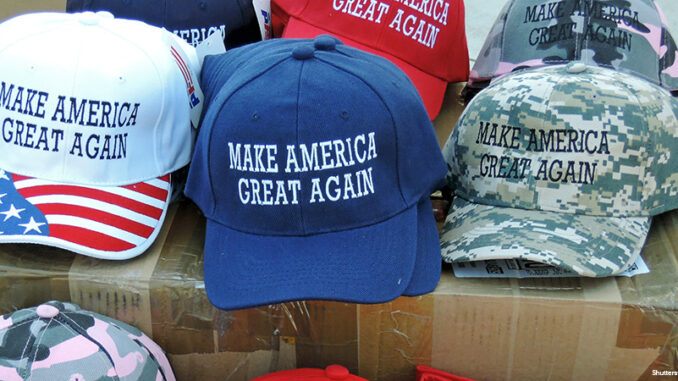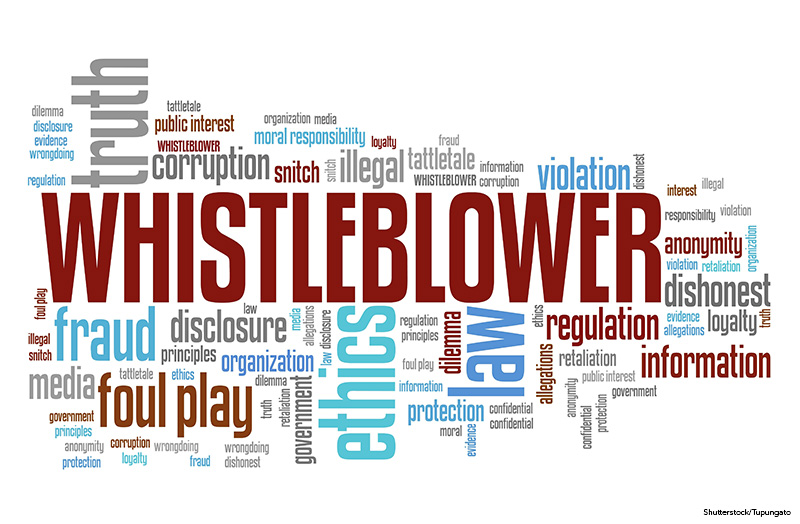
The impeachment of President Trump is nationwide news and might be history in the making. But what exactly happened? It’s a story that’s changing by the day. Here, btw slows it down a bit for a closer look.
The Zelenskiy Call
In July 2019, Trump made a congratulatory phone call to the newly-elected Ukrainian President Volodymyr Zelenskiy. During this conversation, which has since become known as the “Zelenskiy call,” Trump allegedly threatened to withhold financial aid to Ukraine unless Zelenskiy agreed to try to investigate Hunter Biden–the son of former Vice President Joe Biden. Joe Biden is one of the current Democratic candidates for the 2020 presidential election.
The critics of this event claim that Trump was trying to get Zelenskiy to supply information about corrupt dealings that Hunter Biden may have had in China and Ukraine, and that he was using U.S. funds–essentially, public tax dollars–to put pressure on the leader. If this is true, it means that Trump actively participated in asking a foreign government to interfere in U.S. elections.
Both Trump and Zelenskiy deny that this was what happened during the conversation. A complete account of the call–which is not the same thing as a direct transcript–was released to congressional leaders on September 25.
Who is the Whistleblower?
A whistleblower is anyone who exposes secretive information in an attempt to reveal corrupt or illegal activities. In this case, the identity of the whistleblower – the person who initially brought forward the information about the Zelenskiy call–is unknown. It is important that this person remain anonymous for the sake of his or her own safety. In fact, there is actually a law governing the whistleblowing process called the Intelligence Community’s Whistleblower Protection Act. It states that if a whistleblower is an employee, detailee, or contractor of the intelligence community, then that person is entitled to special protections.

Several Democratic leaders have expressed frustration about not being able to meet with the whistleblower directly. Meanwhile, Trump was criticized in the media for making threatening comments about whistleblowers, saying that they are practically spies and that spies are dealt with in the harshest possible way.
What Was the Reaction?
Speaker of the House Nancy Pelosi immediately announced that the House of Representatives would begin impeachment proceedings against Trump. Republicans, on the other hand, say there’s not enough evidence to convict. (Important to remember is that impeachment doesn’t necessarily mean that a president is removed from office; it just means that there have been formal charges of wrongdoing brought against him or her.) Meanwhile, Trump himself referred to the entire scandal as a “hoax” and indicated that the Democrats will fail if they attempt to remove him from office, even though preliminary transcripts reveal that many of Trump’s denials are false. For example, in the transcripts, Trump suggests that Zelenskiy do him an unnamed “favor” in exchange for payment.
